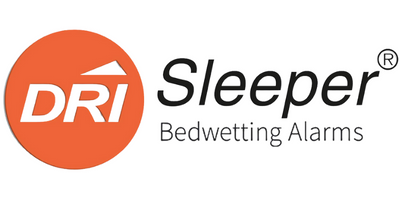Your Cart is Empty
We’ve been using the alarm for 5 weeks now and my son has been dry every night for 2 weeks! In the first week the alarm woke him to go to the bathroom and all that was required was an underwear change. No changing of bed sheets!! Now he’s waking up on his own to go to the toilet and most nights not going at all! Highly recommend!
It helped instantly with my son using the toilets at night, few accidents here and there but after 3 weeks he was dry!! What a win after 7 years. He has been dry for over 2 weeks and I still can’t believe this.
We are week 3 into our training and are making great progress. Our solid sleeper (6) moved from the alarm going off 3 times a night with a full wet pull up to the alarm going off but making it to the toilet and now in week 3 we have so far had 5 nights with no beeps and completey dry pull ups! She is so happy with her progress chart!
Good progress is being made! All the best for reaching 14 dry nights.
Worked on my 9 yr old daughter after 2 weeks.
My 8 year old had never had a dry night. She is a deep sleeper and a kid who loves her sleep. She had 2 dry nights within the first week of using the Dri Sleeper Eclipse and hasn’t looked back. The device is so simple to use and she took control of it herself. I wish we had done it earlier!
Worked exactly as described. My 6 year old had never had a dry night and within 10 days was dry and no longer needing the alarm. We had tried many other methods of trying to train him but he just wasn’t waking up in the night. Absolutely solved the problem for us. Highly recommended.
Well done Mr 6! All the best for the future.
Great product and the service is even better!
Can’t go wrong with these guys.
After only 4 nights of the alarm going off in the night, our 7 year old was able to wake up on his own and go to the toilet in the night, 2 weeks later he was dry all night and we ditched the pull ups. Wish we’d tried this alarm sooner. Couldn’t believe it worked.


